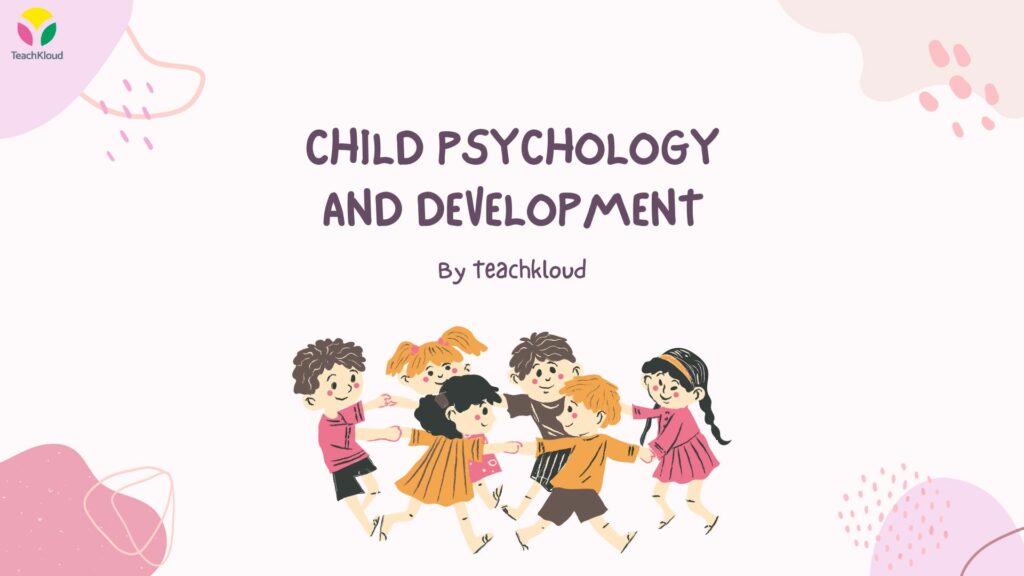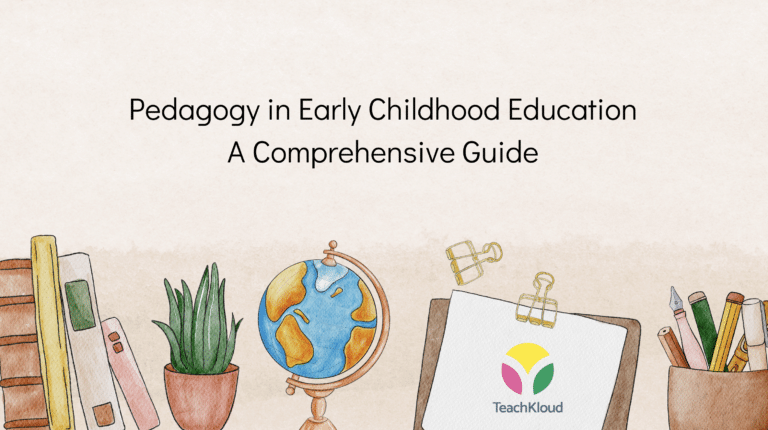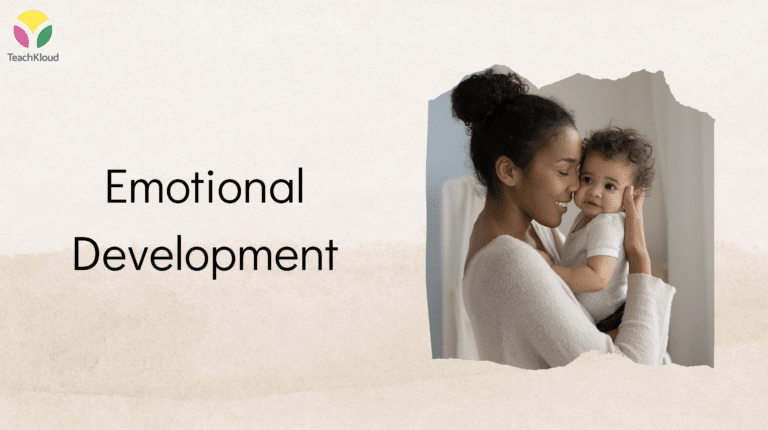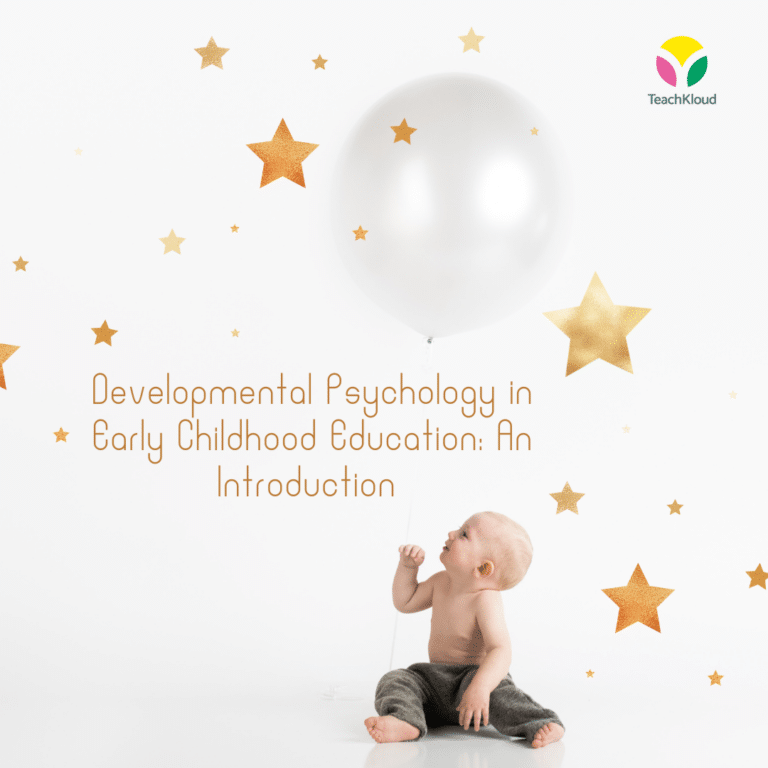Defining Socio-Emotional Development
Socio-emotional development is a fundamental part of a child’s comprehensive growth, but what precisely does it imply? Well, it’s the developmental process which facilitates individuals to express and identify their emotions, and develop healthy relationships with others. It encompasses the various social skills and emotional capacities that are crucial for a person to interact effectively and meaningfully with others.
This psychological progression doesn’t solely pertain to the ability to forge connections – a key aspect is also to attain independent attitudes and behaviours. Pertinent examples would include the capability to manage emotions, exhibit empathy, and adjust one’s sentiment and disposition according to the social environment. In essence, a blend of these attributes forms a sequel of peculiar “milestones” that denote successful socio-emotional development.
It’s worth remembering, however, that socio-emotional development, like most facets of developmental progress, varies from individual to individual. Each child’s journey is unique and influenced by a myriad of factors, including their temperament, parental interaction, early experiences, and the socio-cultural environment.
The Importance of Socio-Emotional Development
Understanding the significance of socio-emotional development is just as crucial as getting to grips with what it is. But why is it so important?
First and foremost, socio-emotional development forms the essential foundation for healthy and productive adult life. This capacity for understanding and managing emotions, maintaining positive relationships, effectively coping with stress and challenges – they all largely determine success in personal growth. Not just that, but it’s also central to academic performance.
Possessing the ability to manage one’s thoughts and behaviours, understand and empathise with others, and appropriately respond to a variety of social and emotional situations has significant implications for individual success in school and later, in the workplace. For instance, students of primary school age with better socio-emotional skills tend to have fewer conduct problems, experience less emotional distress, and do better academically. That is why forgeing these skills in the early years, is so important.
Moreover, it provides the tools necessary for adapting to changes and life obstacles. As we navigate through life, we’re bound to hit a few bumps along the road. But with a solid socio-emotional development, we’re equipped with the resilience to handle setbacks, adapt to new situations, and evolve with the world around us.
In short, socio-emotional development is not just an essential path to a healthy, well-adjusted adulthood. It also greatly benefits our society by providing a foundation for cooperative behaviours, social responsibility, and a positive, accepting community culture.
Remember, development is a lifelong journey, not a destination. With each new stage, there are aspects to celebrate and challenges to overcome. By nurturing socio-emotional development throughout life, we’re setting ourselves and those around us up for happiness, success, and genuine fulfilment.
Stages of Socio-Emotional Development
During the early stages of life, socio-emotional development unfolds across a series of key milestones. As you journey along this pathway watching a child grow, it’s important to remember that each child is unique and may not adhere to a ‘strict sequence.’
A typical pattern for socio-emotional development can be summed up as follows:
Infancy (0-24 months)
During these first two years, babies are not only sponges for new information but also for emotional cues given to them by adults. They bond rapidly with caregivers, reciprocate affection, and start displaying the genesis of empathy towards others. This stage is critical for instilling trust and security.
Toddlerhood (2-3 years)
Toddlers start recognising themselves as separate beings, independent of their caregivers. They latch onto words and gestures to articulate their feelings, emotional needs, and desires. Playtime becomes a lab of experimentation with emotions, being able to understand the basics of sharing, taking turns and self-expression.
Preschool age (3-5 years)
Going to kindergartens and pre-schools, children at this age are constantly in the flux of social interactions. They play in groups, learn what’s acceptable – what’s not and explore a broader spectrum of emotions. Here, they construct an understanding of what others think and feel, building friendships and exhibiting emotional self-control.
Early School age (6-12 Years)
As children move into the school age bracket, they become more emotionally mature. They can understand complex feelings, manage friendships and cope with a wider variety of situations. They begin to develop problem-solving skills and learn how to handle interpersonal issues.
Adolescence (13-19 Years)
Adolescence witnesses a burst of emotional development. Teenagers form stronger relationships outside their immediate family, moral reasoning enhances, and societal values are recognised. There’s a crucial need for approval and acceptance from peers, while self-identity is constantly work-in-progress.
Armed with this knowledge, you’re well-equipped to nurture children through these phases. Remember, it’s not just about identifying ‘good’ or ‘bad’ behaviour, but understanding the hidden cues and the emotional journey. Every tantrum, every smile, they all tell you a story. Isn’t it an awe-inspiring journey?
The Impact of Socio-Emotional Development on Personal Relationships
The influence of a well-fostered socio-emotional development on personal relationships is truly profound. It’s like the undercurrent that directs the flow of interpersonal bonds throughout a person’s life.
Research implies that stable socio-emotional well-being has a direct impact on the quality of our relationships. It equips us with the ability to show empathy, understand others’ feelings, manage personal emotions and resolve conflicts amicably. You’ll find that these skills are pivotal to maintaining healthy relationships, both personal and professional.
Children who have had a healthy socio-emotional development are better equipped to form trusting relationships with their peers and adults. They can navigate the complexities of human interaction, including understanding social cues and managing conversations effectively. This is vital, as it forms the foundation for future interactions and relationships.
Moving into adulthood, an individual with secure socio-emotional development tend to have healthier romantic relationships. They exhibit a better understanding of respect, love, mutual trust, and patience. They’re also better at resolving disputes without letting emotions overflow, thanks to their honed ability to manage emotions.
Moreover, socio-emotional competence plays a substantial role in the workplace. Individuals with this trait can work better in teams, deal with conflicts, communicate effectively, and demonstrate leadership skills. Without a doubt, individuals who have developed strong socio-emotional skills are better placed to succeed in various facets of life.
In conclusion, a sound socio-emotional development can markedly enhance our personal relationships, and its influence extends well into our adult lives, shaping the way we interact, understand and cooperate with others.
Using Technology to Observe and Document Socio-Emotional Development: TeachKloud Childcare App
TeachKloud was developed by an early childhood professional. The app supports childcare educators in documenting observations, helping children in their socio-emotional development, provides sample activities, masterclass videos on children’s development/behaviour and much more. This is done through the learning story, observational analysis, planning and educator pal smart AI lesson planner.
TeachKloud assists you in making a connection between the socio-emotional development of children and their individual learning experiences. Utilizing this state-of-the-art app, it’s now easier than ever to observe, interpret, and understand a child’s socio-emotional progress, thanks to its inclusive tools and methodologies.
When documenting each child’s interactions, you’re not just capturing a moment in time. Indeed, you’re offering a profound insight into their journey of self-discovery and relational understanding. With TeachKloud, you’ll have the possibility to help guide and shape this journey, providing invaluable support at critical developmental stages.
For example, the observational analysis tool allows educators to understand each child’s unique behavioural patterns and interactions. This insight is instrumental in spotting trends, identifying opportunities for improvement, and tailoring individual development plans that are both nurturing and effective.
The app also features a vast library of engaging activities specifically designed to foster socio-emotional growth. Presented in a user-friendly format, they can be readily used to prompt positive, impactful learning experiences. This content is both diverse and extensive, addressing a broad range of socio-emotional facets, from empathy to emotional regulation.
In addition, TeachKloud’s Educator Pal AI lesson planner takes the guesswork out of crafting bespoke socio-emotional development activities. This intelligent tool uses machine learning to offer tailored recommendations, gaining insight from your observational data and other inputs, thus creating a more attuned and effective activity plan for each individual child.
In a nutshell, TeachKloud offers a potent mix of comprehensive observational tools, practical strategies, and intelligent automation to support you in guiding children through their socio-emotional development journey. It’s a powerful ally for any childcare educator passionate about nurturing children’s emotional intelligence and social skills. Take a free trial here.




